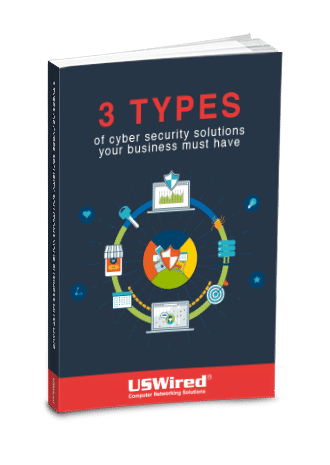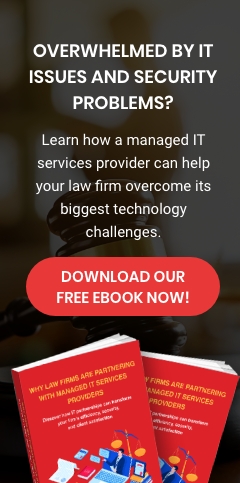Email is one of the most convenient online platforms we use to easily communicate and share data with others. However, the channel is also often used by cybercriminals to steal confidential data from businesses of all sizes.
Spam is a cost-effective solution for hackers because it enables them to send a message to thousands of recipients instantly without any costs. And with an average profit of $7,000 per day, it’s not likely for them to stop sending dubious emails.
It’s projected that the cost of spam for businesses could grow to $257 billion annually as hackers come up with more deceptive techniques. So how do you protect your business from spam? Here are some tips:
#1. Verify the sender’s address
Spam directed at businesses usually takes the form of messages that allegedly come from a bank or trusted colleague. This is to convince the recipient that the email is safe. However, the message contains rogue links or attachments that allow cybercriminals to steal your data.
Here’s how they do it: A hacker sends an email asking an employee to verify their email address by clicking on a link. Hackers can make the page look nearly identical to your company’s website so the employee won’t be suspicious. Once the cybercriminal captures the data, they gain access to even more sensitive company information.
To prevent this from happening, teach your employees to check if the email is really from a legitimate address. While the address used on the rogue email looks legitimate, there will almost always be an intentional typographical error in it, such as “[email protected]”, instead of “[email protected]”. Employees should refrain from clicking links in suspicious emails, and should not download attachments unless they are deemed safe.
#2. Use multifactor authentication (MFA)
One of the biggest mistakes small businesses do these days is relying on single-factor authentication (SFA). It is the use of only one method to verify a user’s identity, such as a password. However, through phishing scams that harvest login credentials, cybercriminals have found a way around SFA.
Small businesses are now more vulnerable to cyberattacks as a result. According to a survey by LastPass, only 27% of small companies use MFA, as most of them think that they are not the target of cybercriminals. The opposite is true, however, making MFA more important than ever.
MFA acts as a secondary lock for a user’s account; it uses more than one way to authenticate a user. Even if hackers figure out one of the keys, if they cannot fulfill the other security checks, such as a fingerprint or facial scan, or a one-time SMS code, they still wouldn’t be able to access the account.
Download our free eBook!
Read our free eBook: 3 Types of Cyber Security Solutions Your Business Must Have and find out how to protect your business and optimize your solutions without breaking the bank
#3. Use spam filters
Spam filters are important tools to keep unwanted messages from entering your inboxes, and to prevent employees from clicking on potentially malicious messages. According to the latest statistics, spam accounts for 55% of email traffic. This means that there is a large potential for security issues due to spam. Spam can also lead to a drop in productivity, as workers need to spend time deleting nuisance messages from their inbox.
There are various types of spam filters you can use. Some can determine a certain email’s relevance to your business, while others can filter emails depending on their headers. There are also spam filters that restrict emails from blacklisted addresses belonging to known spammers.
Your choice of spam filters will, of course, depend on what you want it to do. For higher security, you can get a permissions-based spam filter. If you simply want to block newsletters and ads that are sent via email, content- or header-based filters will work best.
#4. Partner with a managed IT services provider (MSP)
If spam and phishing messages are too much to handle, you can partner with a reliable MSP like USWired. MSPs protect your business from spam by filtering inbound and outbound email traffic. They also stop email-borne threats such as viruses, worms, and other types of malware before they arrive in your inbox.
Your sensitive emails are protected as well by an MSP. By encrypting them, an MSP ensures that your messages are unintelligible to outside parties, thus discouraging hacking. An MSP will monitor and protect your IT infrastructure for a flat monthly fee that’s cheaper than having in-house IT staff.
Email threats are becoming more dangerous these days, so your business needs the best protection. USWired’s email and spam solutions will make sure that your company’s email is protected from malicious attacks. If your business is in the San Jose or the San Francisco Bay area, we can help you. Contact us today to get the cutting-edge email protection your company deserves.



